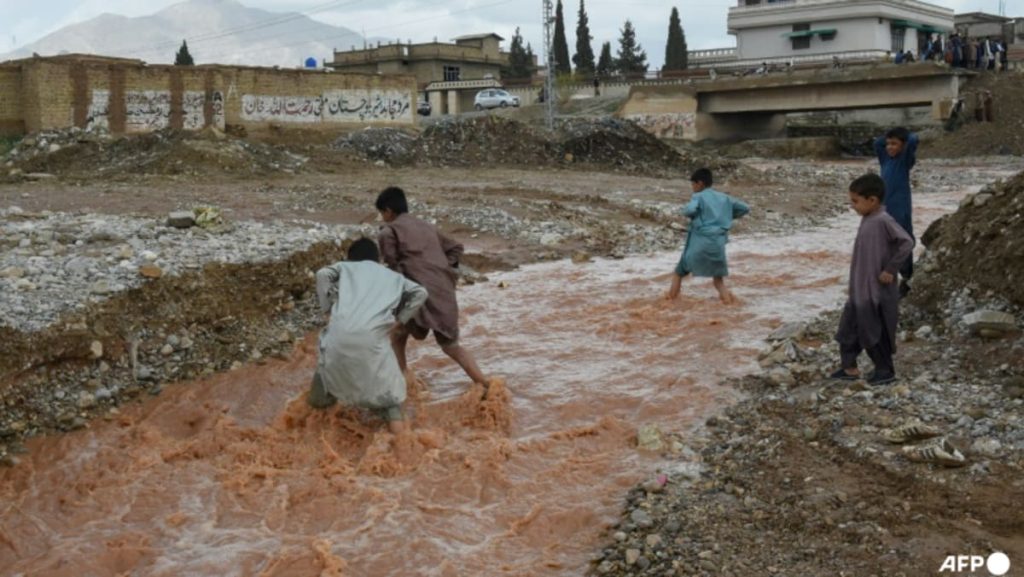The storm-related incidents in Pakistan have resulted in the deaths of at least 41 people, with a majority of them being struck by lightning. The National Disaster Management Authority has issued warnings about potential landslides and flash floods as more rain is expected in the near future. Punjab, the largest province in Pakistan, has experienced the highest death toll of 21 people killed by lightning in just three days.
Prime Minister Shehbaz Sharif has instructed the NDMA to work closely with the provincial governments to provide relief to the affected areas. The government is taking steps to ensure that necessary aid reaches those who have been impacted by the recent storms. The situation is being closely monitored in order to prevent further loss of life and property damage.
The severity of the storms has highlighted the need for better disaster preparedness and response mechanisms in Pakistan. With climate change leading to unpredictable weather patterns, it is imperative for the country to improve its infrastructure and emergency response capabilities. Collaborative efforts between the government and relevant agencies are crucial in ensuring a timely and effective response to natural disasters.
The death toll from the storm-related incidents serves as a stark reminder of the vulnerability of communities to extreme weather conditions. It underscores the importance of implementing mitigation measures and early warning systems to prevent such tragedies in the future. The government must prioritize disaster risk reduction initiatives to protect the lives and property of its citizens from the impacts of natural disasters.
While immediate relief efforts are underway, long-term measures need to be put in place to enhance resilience and adaptability in the face of climate-related disasters. This includes investing in infrastructure that can withstand extreme weather events and ensuring that communities are well-equipped to respond to emergencies. Sustainable development practices can help minimize the risks associated with natural disasters and build a more resilient society.
In conclusion, the recent storm-related incidents in Pakistan have emphasized the need for proactive measures to address the impacts of extreme weather events. The government, in collaboration with relevant agencies, must work towards enhancing disaster preparedness and response capabilities to protect the population from the adverse effects of natural disasters. By prioritizing disaster risk reduction initiatives and investing in sustainable development practices, Pakistan can build a more resilient society that is better equipped to face the challenges of a changing climate.


